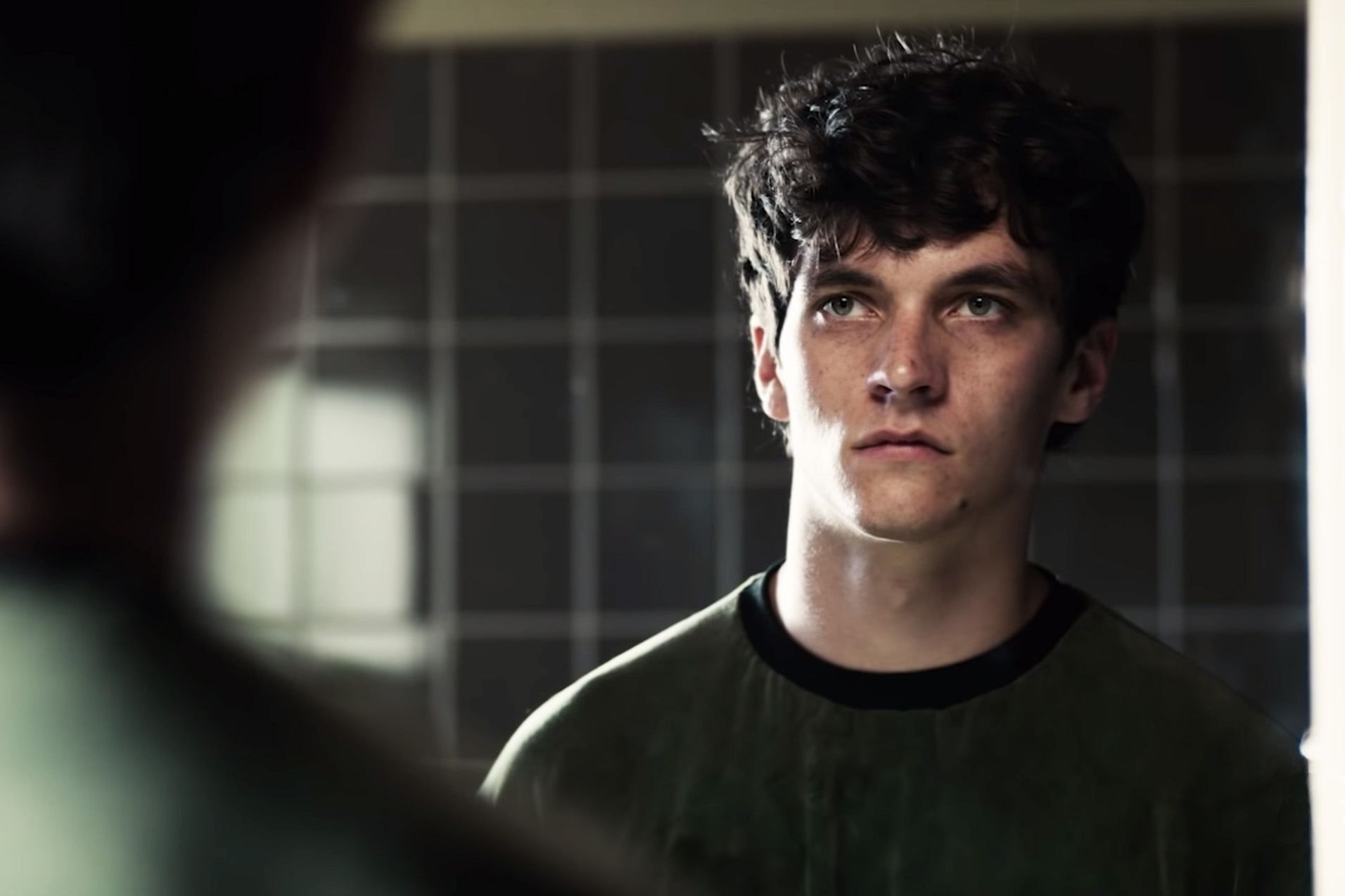“Black Mirror: Bandersnatch” is full of surprise twist and turns


Black Mirror, the British science fiction anthology series that portrays dark depictions of an alternate present-day and near future, surprised Netflix viewers with a “movie” released on Dec. 28, after the trailer was released just one day before.
Black Mirror: Bandersnatch is an interactive, build-your-own adventure style psychological thriller that places the viewer in control of the storyline and the main character, Stefan Butler.
There is a brief tutorial presented to the viewer on how to make decisions, with seconds to choose an option before a default decision is picked for you. The film lasts roughly 90 minutes but can run on for hours depending on the choices made by the viewer and how many times you go back to see each available ending. It has five “main” endings that trigger the credits, but countless other choices that can be made to alter the plot.
Overall, Bandersnatch is an ambitious stand-alone film that still fits into place with the “mind- fuck” brand that Black Mirror has so cleverly expanded upon since the first season aired in 2011.
Utilizing a quirky blend of dark humour, wacky turning points and violent thrills brought on by the failings of technology and humanity, Bandersnatch feels less like a movie and more like another episode of the original show.
Bandersnatch’s self-aware attitude and fourth-wall breaking hits its peak when the viewer is given the task of explaining what Netflix is to a bewildered and confused Stefan.
It keeps the tone in line with Black Mirror’s fictional ideology, with numerous easter eggs and nods to former episodes scattered throughout it. Perhaps its largest weakness overall is that Bandersnatch attempts to cram such an expansive multifaceted jumble of ideas into one film that feels more like a prototype of an idea, rather than a completed, final version of what it has the potential to be.
Given that it’s the first example of this genre and an experimental method of movie making to grace Netflix’s homepage, it’s understandable that it wouldn’t be flawless.
Despite its setbacks, like being forced to choose certain options that make you backtrack to previous points in the story that manipulate the way you might want to direct it to go, Bandersnatch feels like the beginning of an entertainment medium that could take over the way we watch and interact with films and television series.
I actually sympathized with poor Stefan, the awkward youth and blossoming computer programmer who just wants his video game creation, Bandersnatch, to be made properly and become successful. Even though many, if not most, of the movie’s endings, revolve around his descent into some violent rampage or outburst, you can’t help but feel bad for the guy living in such a twisted version of reality.
The 80s setting is reminiscent of one of my favourite Black Mirror episodes, “San Junipero” and it’s peculiar characters, on-the-nose music choices and vintage feel makes it all the more engaging and intriguing to be an active participant in.
One of Bandersnatch’s greatest and probably most surprising strengths is the character of Colin Ritman, who ends up being bizarrely fascinating in a way you don’t expect.
Bandersnatch’s self-aware attitude and fourth-wall breaking hits its peak when the viewer is given the task of explaining what Netflix is to a bewildered and confused Stefan.
It doesn’t really play out well no matter how you go about it and we’re left realizing that a little over 30 years ago something like Netflix couldn’t even be conceptualized.
I never thought I’d spend three hours on a Friday afternoon with my boyfriend debating about what cereal we should make Stefan eat or if he should bash his father over the head with an ashtray and cut up his body in the bathtub — but those are the kind of predicaments Black Mirror likes to put you in and you learn not to question it too much.


